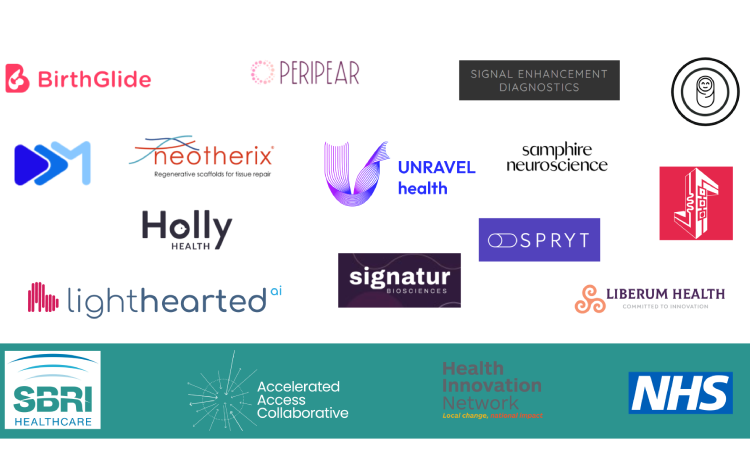Six UK sites to share £54m funding to unleash power of data science
- 7 March 2018

Six sites across the UK are to be given a share of £54million funding to address challenging healthcare issues through the use of data science.
Starting in April, the sites, which range from Oxford to Scotland, will receive £30million to work as foundation partners with the newly-established Health Data Research UK.
They have been tasked with extracting analysis from data sets in order to help drive technology breakthroughs in medical research and improve population health.
A further £24 million will be invested in other projects, including a Future Talent Programme and work to address targeted data research challenges through partnerships.
[themify_box icon=”info” color=”gray”]
The six sites will include the following 22 universities, research and NHS organisations:
- Wellcome Sanger Institute, University of Cambridge, European Bioinformatics Institute – Cambridge
- UCL, Imperial College London, King’s College London, Queen Mary University of London and the London School of Hygiene & Tropical Medicine – London
- University of Birmingham, University of Leicester, University of Nottingham, University of Warwick and University Hospitals Birmingham – Midlands
- University of Oxford – Oxford
- University of Edinburgh, University of Aberdeen, University of Dundee, University of Glasgow, University of St Andrews, University of Strathclyde – Scotland
- Swansea University, Queen’s University Belfast – Wales, Northern Ireland.
[/themify_box]
Professor Andrew Morris, director of Health Data Research UK, said: “The six HDR UK sites, comprising 22 universities and research institutes, have tremendous individual strengths and will form a solid foundation for our long-term ambition.
“By working together and with NHS and industry partners to the highest ethical standards, our vision is to harness data science on a national scale.
“This will unleash the potential for data and technologies to drive breakthroughs in medical research, improving the way we are able to prevent, detect and diagnose diseases like cancer, heart disease and asthma.”
Health Data Research UK, which is funding the project, is a joint investment co-ordinated by the Medical Research Council who work in partnership with a number of organisations including the British Heart Foundation and the Economic and Social Research Council.
Another partner is the National Institute of Health Research (NIHR) which also announced that it has awarded £4 million to the development of virtual reality (VR) treatments from the NHS.





2 Comments
Thank you, Duncan but I have no need to pursue the point about the internal transfer payments between different sections of the NHS. Such financial mechanics are rarely rooted in reality within either the public or private sectors. My concern about the NHS is that its economics are out of control and while it struggles impressively with the existing demands on it I don”t think it would be a suitable model for organising residential care and certainly would not be a suitable vehicle for running care homes directly. Costs would certainly shoot up beyond the resources of local authorities to fund placements with no guarantee that standards would improve. I am aware of the high costs charged to the NHS for certain drugs but the National Audit Office believes this is because the NHS procurement function is not smart enough nor exercising sufficient diligence and control over the pharmaceutical companies with which it has huge contracts. This is not strictly relevant to the care homes topic except that it also demonstrates that the NHS is institutionally inefficient.
The first important thing to know is about the size of the wheel and the most standard size is about 14 inch to 15 inch in diameter. Some wheels are exceptionally large and small around the 20 inch and 10 inch respectively. The size of the wheel should depend upon the car’s personality and looks. For instance the classical long sedans can have large sized wheel and small sized wheel looks good on racing cars. These custom steering wheels have given diverse range of the wheel’s size options to the drivers. wheel covers
Comments are closed.